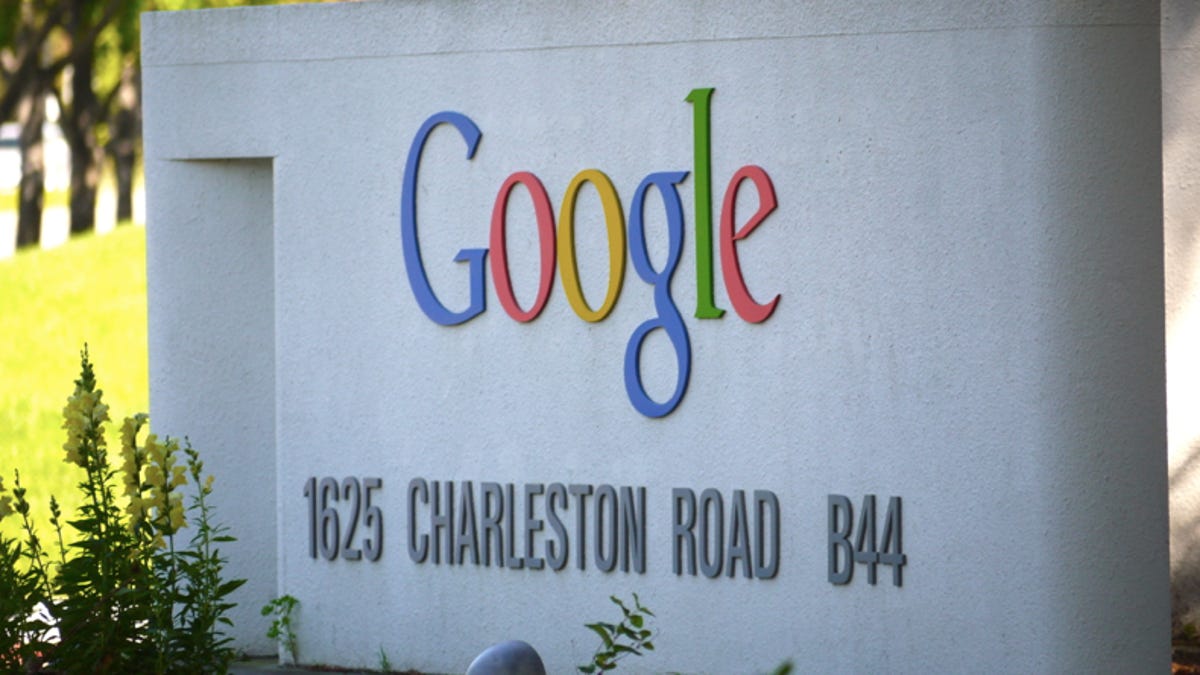Google Search scratches its brain 500 million times a day
On a daily basis, 15 percent of queries submitted have never been seen before by Google's search engine.

Google's search engine is powerful, but not all-knowing. Every month Google processes 100 billion queries, and typically returns results with microsecond speed. However, on a fairly regular basis, Google's search engine has to think a bit harder to render a result. On a daily basis, 15 percent of queries submitted -- 500 million -- have never been seen before by Google's search engine, and that has continued for the nearly 15 years the company has existed, according to John Wiley, the lead designer for Google Search.
"We have to solve that problem," an understated Wiley said in an interview with Bloomberg TV.In the process of trying to know more and reduce the 15 percent of new, previously unread or unheard queries, Google crawls 20 billion Web sites per day in search of new data that it can turn into results.
A key part of Google's quest to reduce the percentage of unseen queries, and provide answers rather than lists of links, is the Knowledge Graph. It's a vast database that understand entities -- such as topics, people, and events -- and the connections among them, somewhat like the human brain. Knowledge Graph has more than 570 million entities and 18 billion facts about connections between them, by Google's count.
Read: Google: The future of search is Now
Knowledge Graph, which is an integral part of Google Search, can parse the meaning of a new query, but deliver more precise results than traditional search. If a user searches for "the best place to see the kings," for example, the Knowledge Graph knows about different kinds of kings. Based on the user's profile and other contextual information, Google Search could determine which "kings," such as the L.A. Kings hockey team, the user is asking about and be primed to answer more questions on the same topic.
However, Google admits that the Knowledge Graph's actual knowledge is tiny compared with the human brain and the calculating of its estimated 100 billion neurons and 100 trillion synapses.
"Knowledge Graph has good coverage of people, places, things, and events, but there is plenty it doesn't know about. We are at 1 percent," said John Giannandrea, director of engineering for Knowledge Graph. So, between the 15 percent of unseen before queries daily and the Knowledge Graph's 1 percent solution, Google has plenty of work to do.

